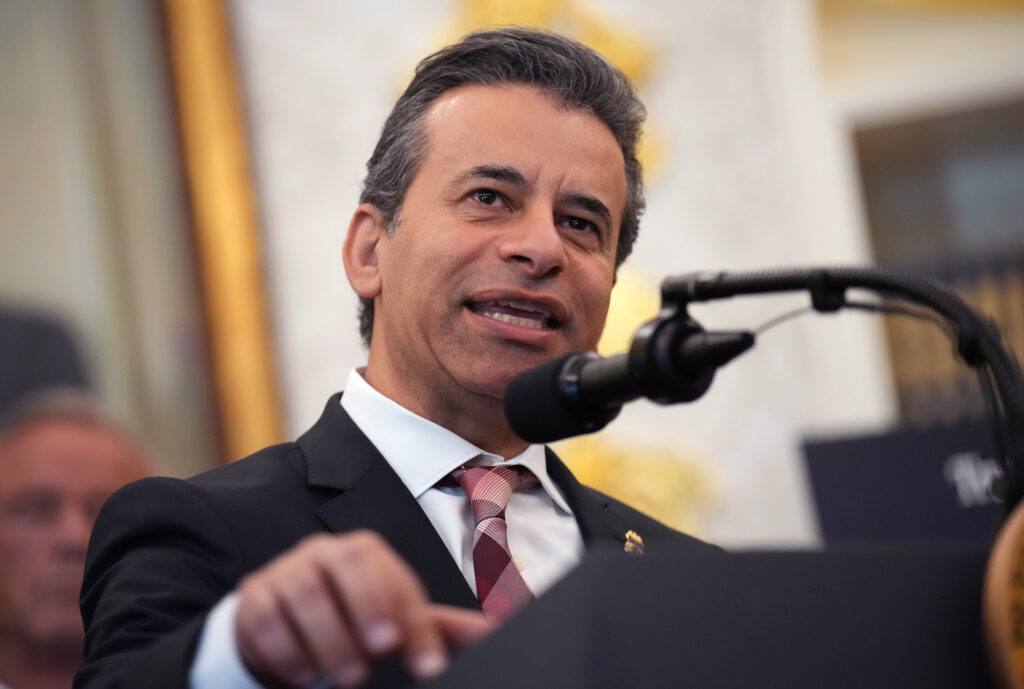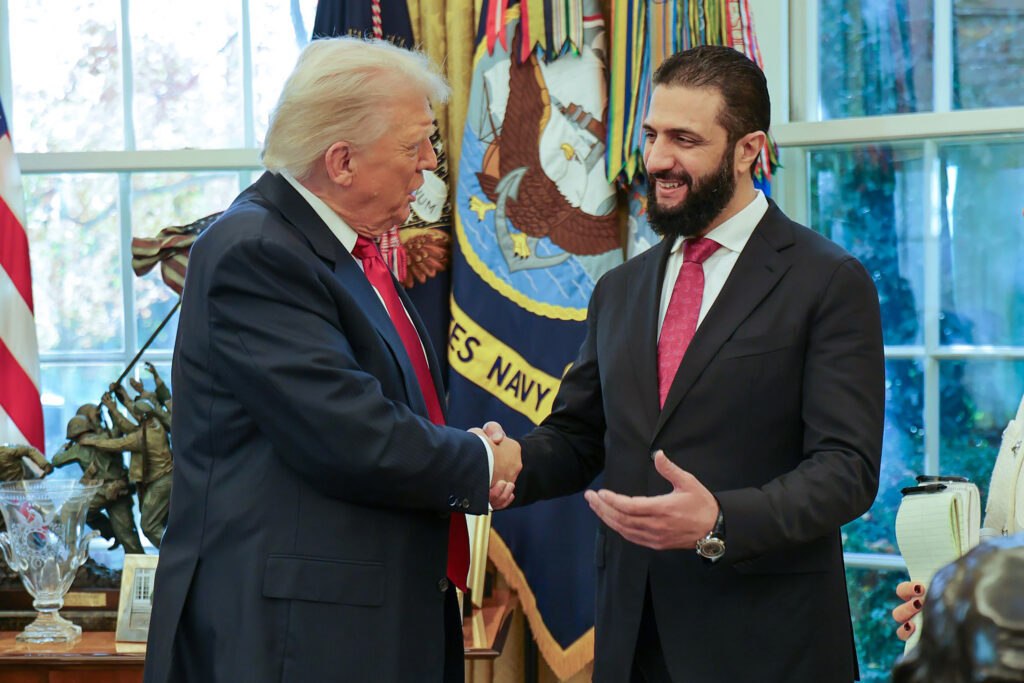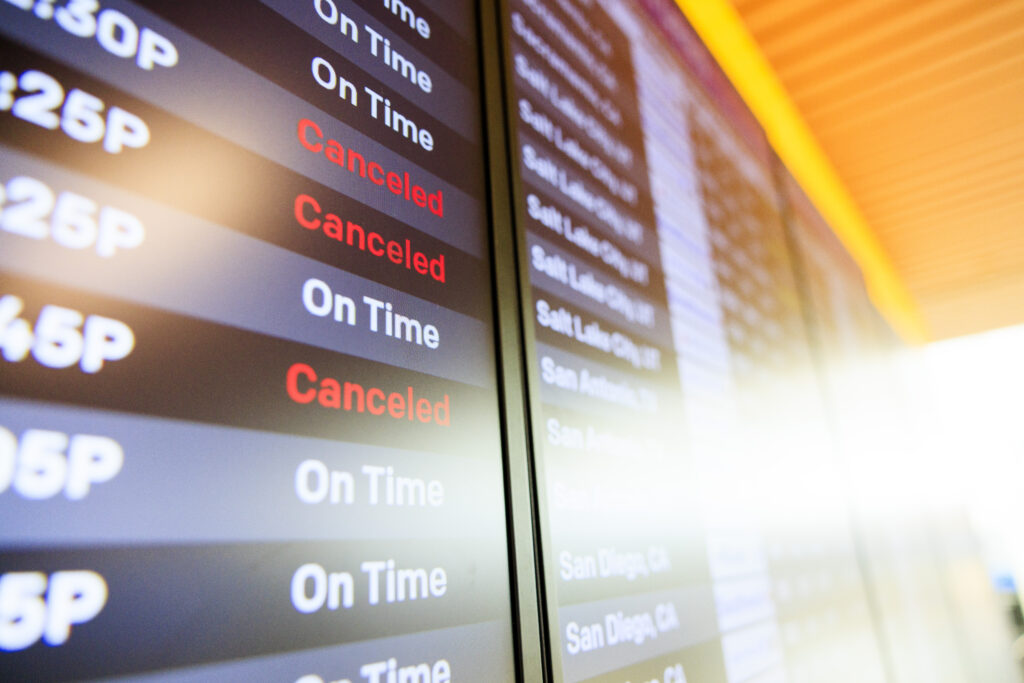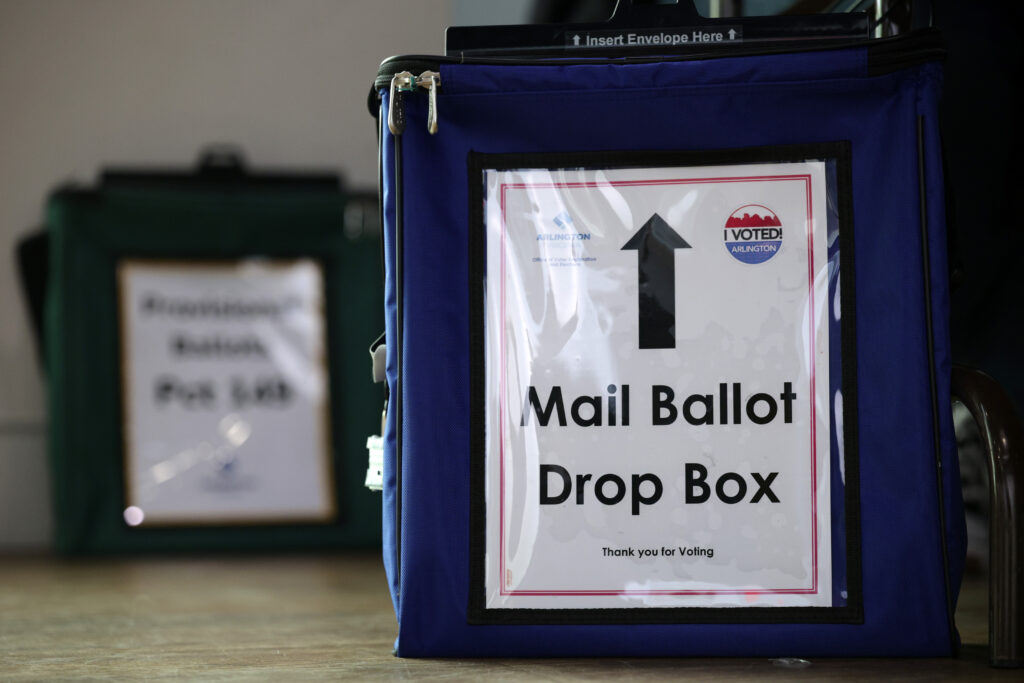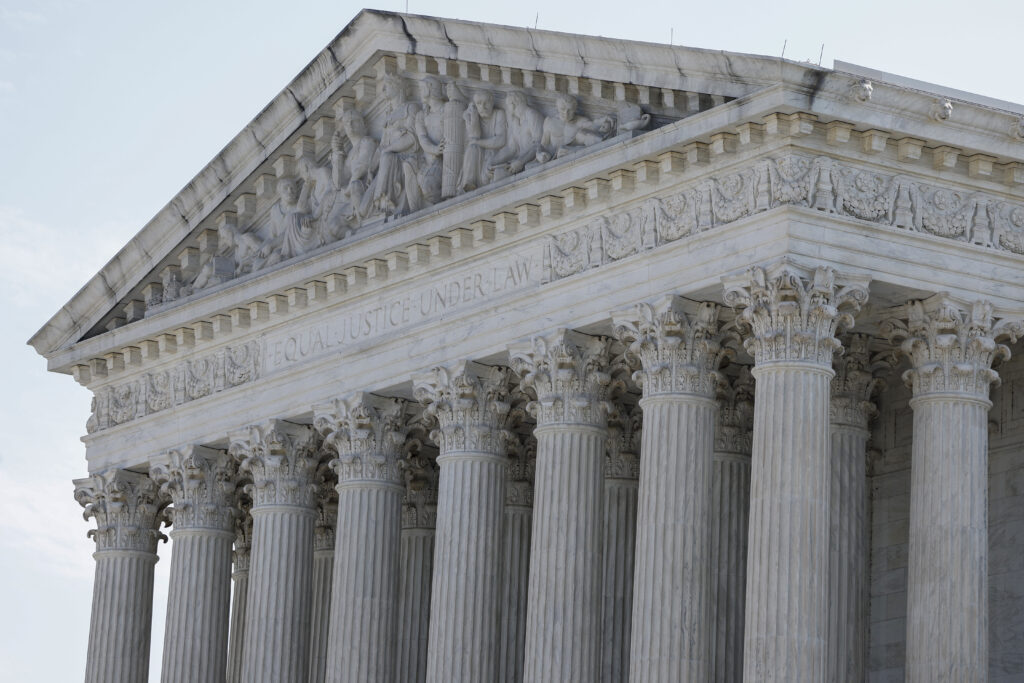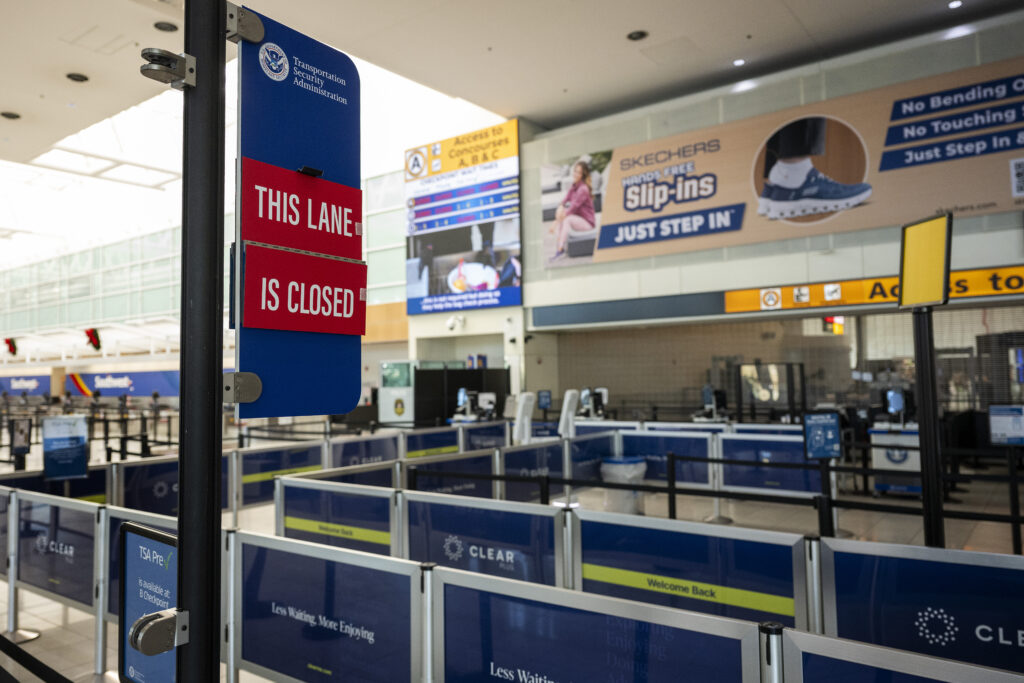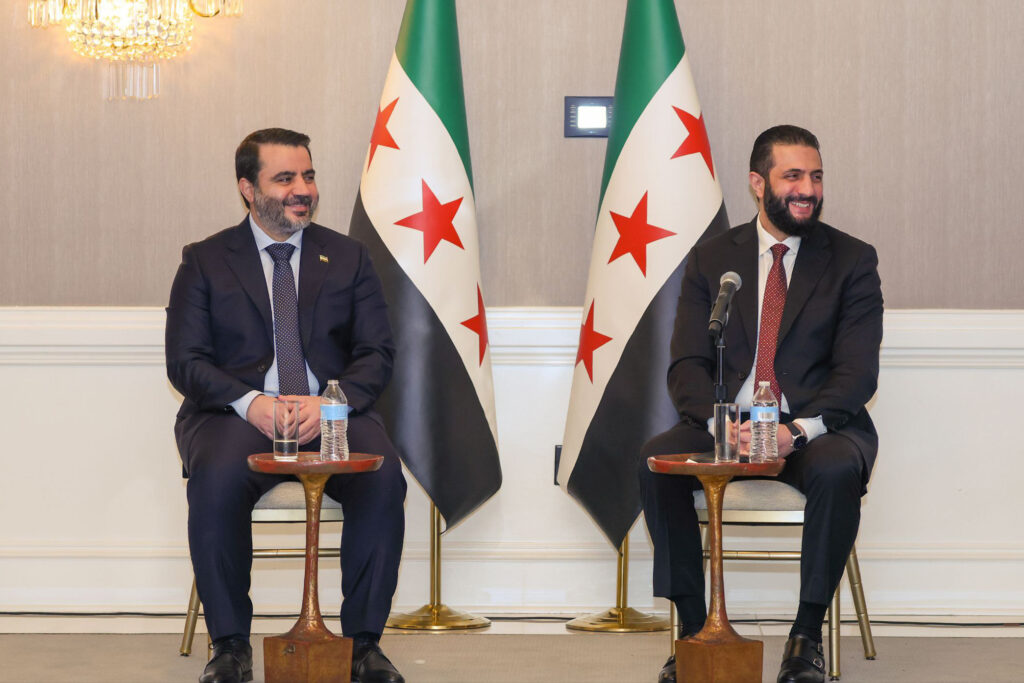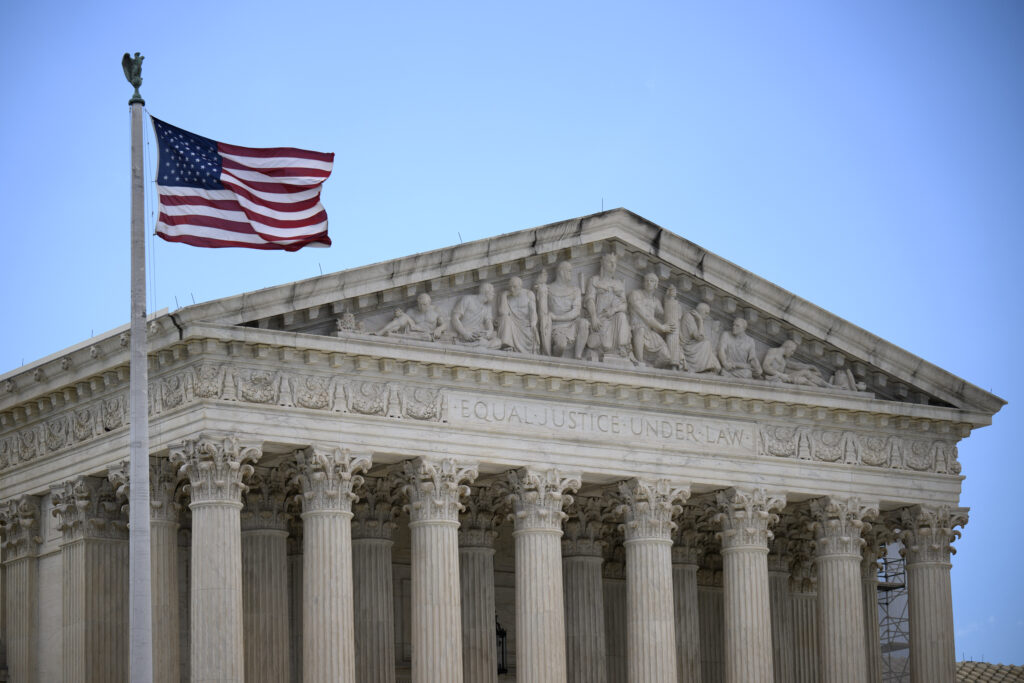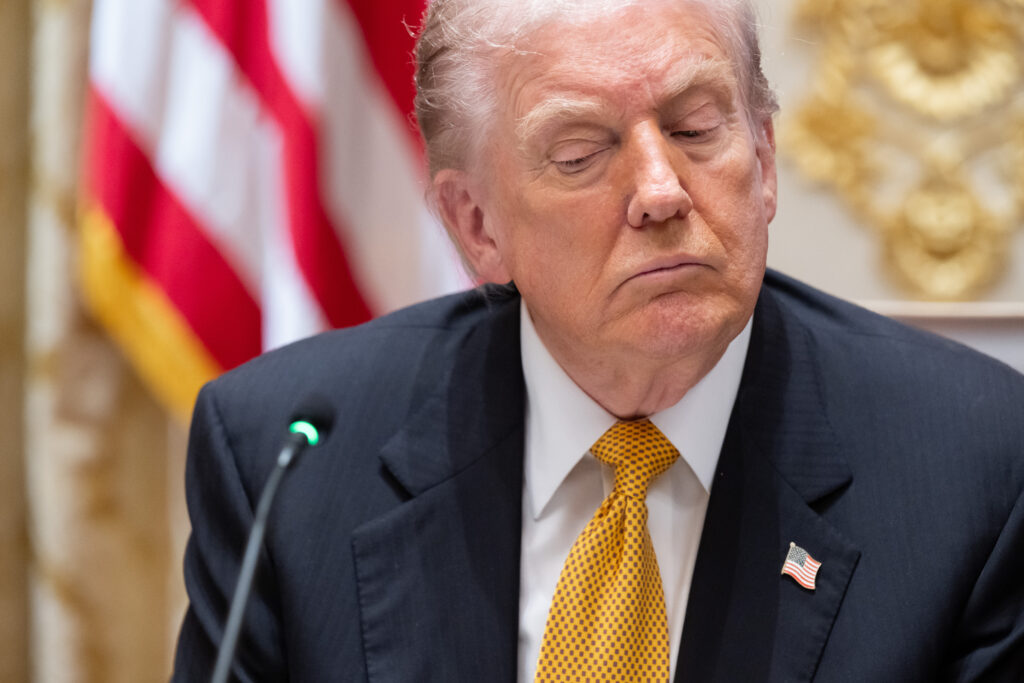US to remove warnings from menopause hormone therapy
The United States will remove strong safety warnings on many hormone therapies used to alleviate menopausal symptoms, saying the risks have been exaggerated, authorities announced Monday.Hormone Replacement Therapy (HRT) replaces estrogen that the female body stops producing during menopause with the aim of alleviating symptoms including hot flashes, brain fog, insomnia, night sweats and joint pain.Previously used routinely, prescription and use of the therapies have plummeted worldwide since a landmark trial in the early 2000s pointed to risks associated with specific HRT formulations.Since then “black box warnings” — the strongest warning the US Food and Drug Administration can require on prescription drugs — have sounded alarm over increased HRT risks including of certain cancers, cardiovascular conditions and probable dementia.But critics have pointed to flaws with the early 2000s Women’s Health Initiative, whose trials were halted as risks appeared: namely it focused on women who were a decade-post-menopause and in their 60s, when cardiovascular risks increase regardless.Today guidance generally indicates that healthy newly menopausal or perimenopausal women — people broadly in their 40s or 50s — are among potential candidates for treatment.There also are newer, more localized or lower-dose forms of the therapies available.”We’re challenging outdated thinking and recommitting to evidence-based medicine that empowers rather than restricts,” US health chief Robert F. Kennedy Jr said in introducing the measure.Many experts had urged revisiting the black box label, which they say can scare women for whom benefits may outweigh risks.Others have voiced concern that changes shouldn’t come without a rigorous review process.”The warnings on hormone products for menopause had become outdated and it was time to update them,” said Diana Zuckerman, president of the nonprofit National Center for Health Research. But she told AFP “these products still have clear risks and the benefits are mostly for hot flashes and related symptoms of menopause, not for general health.”FDA head Marty Makary dismissed that notion of an independent review committee, saying they are “bureaucratic, long, often conflicted and very expensive.”Over the summer Makary convened a panel of experts overwhelmingly in favor of HRT, which included people with ties to pharmaceutical lobbying.Adriane Fugh-Berman, who directs a project that promotes rational prescribing at Georgetown University, told AFP that Monday’s announcement was “embarrassing” as it was ahead of any consensus and was “not how regulation should happen.”There could be benefits of HRT for some people, she told AFP, but cautioned that real risks remain, and more high-quality study is needed.But the president of the American College of Obstetricians and Gynecologists, Steven Fleischman, commended the FDA’s move, saying “the updated labels will better allow patients and clinicians to engage in a shared decision-making process.”Fleischman noted it was important to distinguish between systemic estrogen products — including methods taken orally or via patches — and low-dose vaginal estrogen.”Like all medications, systemic estrogen products are not without risk, and their use should be based on an individualized conversation between patients and their clinicians,” Fleischman said.The FDA said it is not seeking to remove the boxed warning for endometrial cancer for systemic estrogen-alone products. Sarah Shealy — a nurse-midwife, who is also a certified practitioner by the nonprofit organization the Menopause Society — welcomed the shift.She told AFP she hoped it signaled “the tide is turning” in terms of treatment access as well as education.”We largely have a medical community that doesn’t have a broad knowledge or confidence in prescribing hormone therapy, and this has left women feeling gaslit,” Shealy said.
